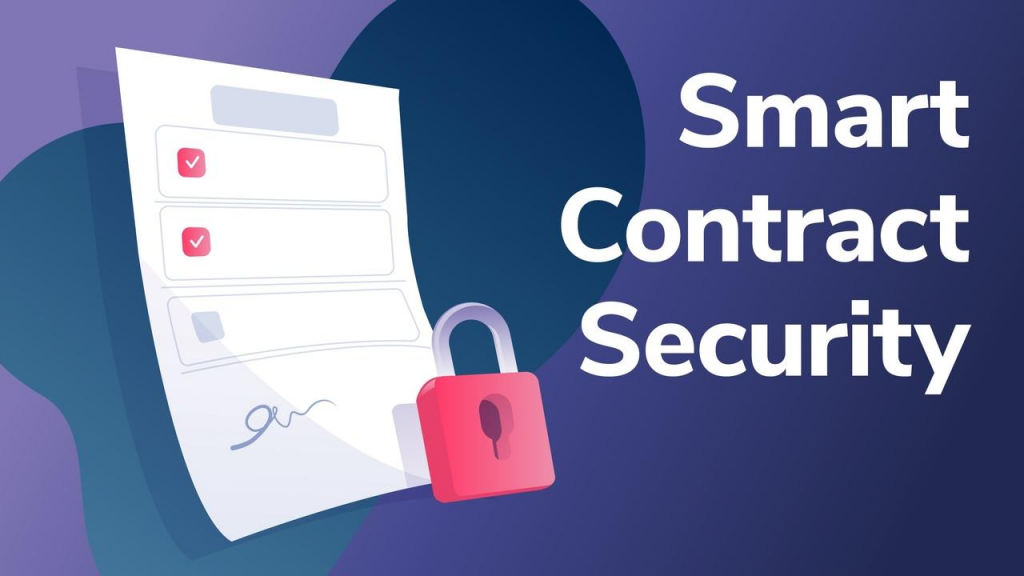The self-executing smart contract is a fundamental technology underlying cryptocurrency. On the blockchain, these pieces of code store the details of the execution of terms between parties in a transaction. There are both simple and complex smart contracts. Simple, smart contracts are only used for simple transactions, such as sending money from wallet A to wallet B. In contrast, complex smart contracts have multiple participants, conditions, and outcomes, such as sending assets across chains.
A set of standards and procedures carries out smart contract security audits. The project’s scope and size determine the smart contract audit process. Smart contract auditing procedures and the need for outsourcing will take the following steps.
1. Specifications

To comprehend the project and the use cases it is aimed for, architecture, and design, the team will review the project documentation. Collaboration between auditors and project teams is critical for auditors to gain a thorough knowledge of how contracts work and an explanation of how they should interact.
2. Checks
Examine the project’s code for vulnerabilities using the standard list. Auditors launch a series of standard attacks against the project to see if any of them are successful. Following this, the severity of vulnerabilities is determined, and the project can decide if there are any immediate areas of concern that must address.
3. Testing
The audit team then runs various tests to identify bugs and errors in the code. These tests can range from unit testing focused on specific functions to integration testing, which is broader in terms of scope and code volume. Typically, both automated and manual testing is used to validate a project. If the audit team notices a high number of failed tests, a temporary pause may suggest if significant changes to the code-base are required.

Automated testing employs specialized software to identify the inputs and outputs of financial assets in a project. These tools make it easier for the team to monitor what happens in the project’s workings, making it easier for the auditing team to identify common roadblocks. Auditors commonly use Manticore, Solium, Smart Check, and other tools. Auditors can focus on more complex problems by allowing software to perform simple, monotonous tests.
Manual testing is used when automated tools can no longer interpret the developer’s intentions. A quality auditing team will review all the specifications and determine whether everything is functioning properly. When they find a bug, they notify the development team and recommend how to fix it.
The primary goal is to manually verify security issues that pose the most significant risk to the long-term implementation of smart contracts.
4. Reporting
When the audit is finished, the auditing team provides a detailed report outlining the checks performed and their findings. Collaboration with the development team can also ensure that all detected issues and recommended patching approaches are understood.
Conclusion
Smart contract developers may unintentionally make mistakes and leave vulnerabilities that can be exploited, leaving funds on a chain vulnerable to attacks. As a result, the demand for smart contract auditing, and thus smart contract auditors, has skyrocketed. If you need some help with blockchain services, contact SmartOSC.
Contact us if you have any queries about Blockchain development services, dApps development, NFT marketplace development, Crypto wallet development, Smart contracts development.

